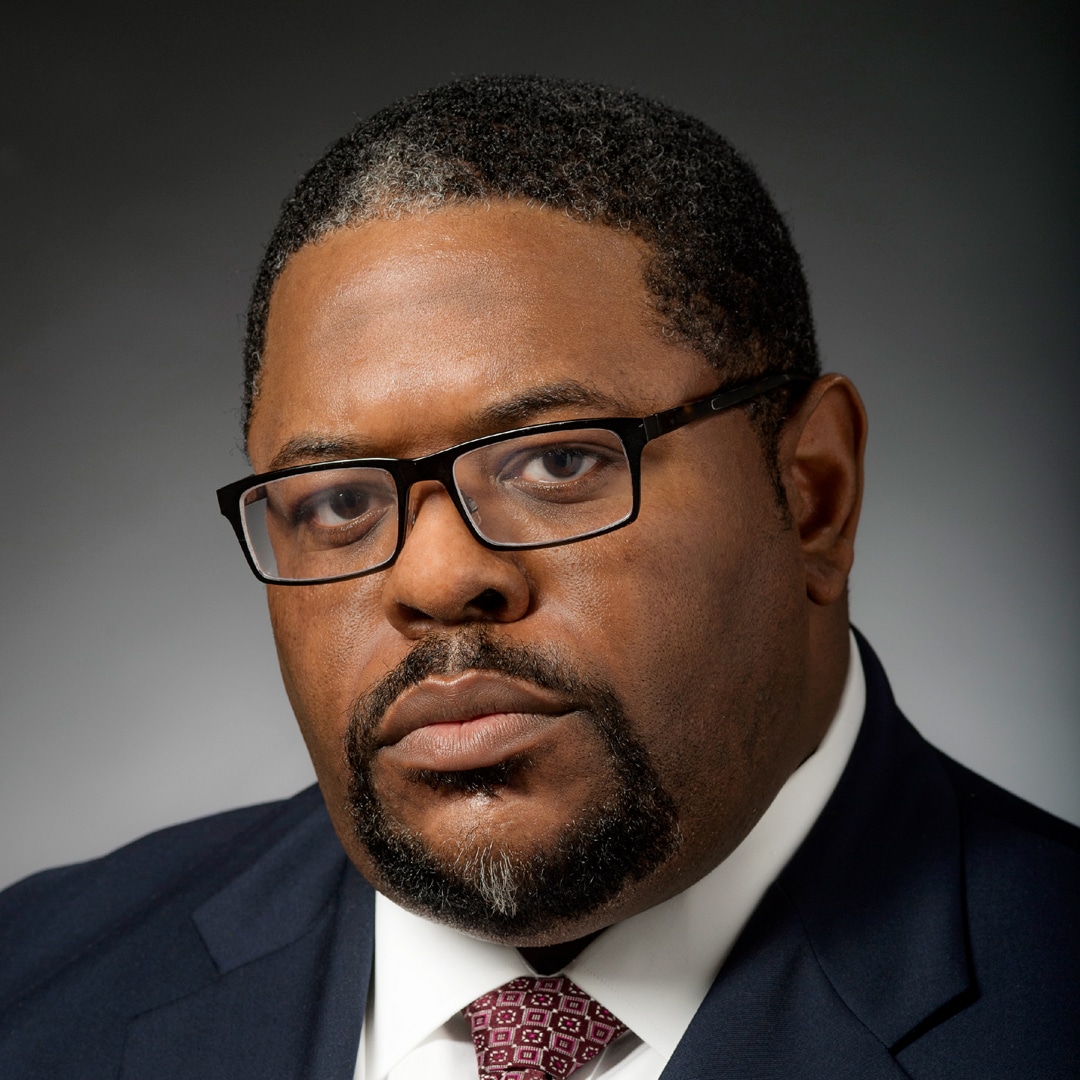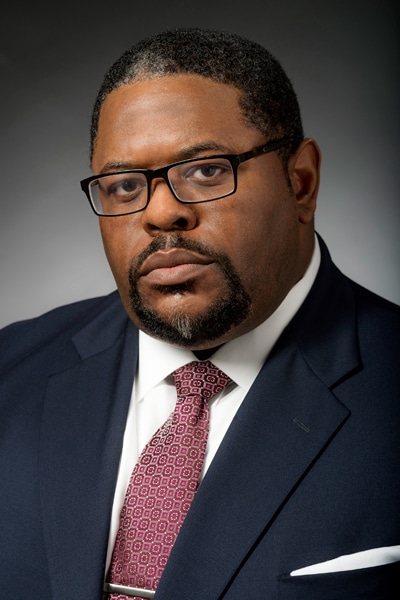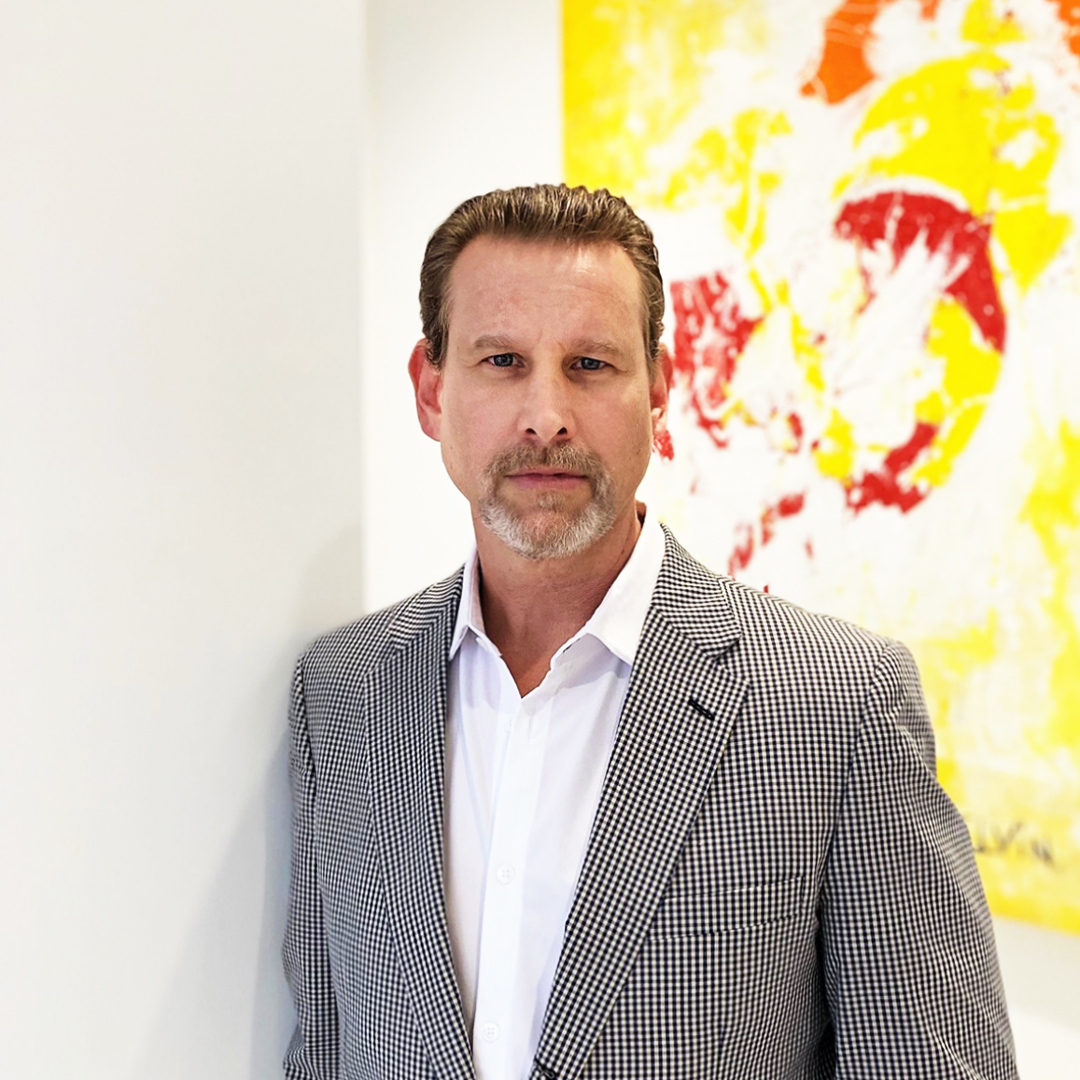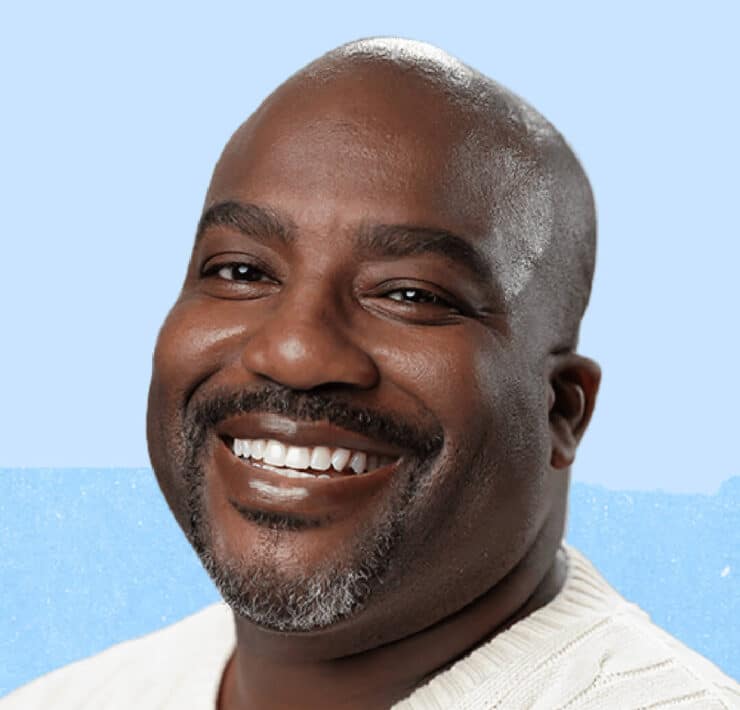Know the Score

After nearly fourteen years with Baker & McKenzie LLP—the Chicago-based international law firm in which he rose to the level of partner—Edward S. Harrison’s decision to move into the corporate world and become an in-house attorney for Huntington Ingalls Industries (HII) didn’t come lightly.
“I enjoyed my time at Baker but noticed that we were getting involved in transactions later and—more and more—becoming hired guns,” he recalls. “I wanted a change, but I had my own scorecard for what I wanted. Among other things, it had to be a sophisticated organization with great people, a strong reputation, and a solid business model.”

HII, the largest military shipbuilding company in the US and a service provider to both government and industry, met those criteria. But, Harrison says, there were still surprises that the transition uncovered. There was a cultural shift, for one, going from Chicago to Newport News, Virginia, and into a different job hierarchy (“When you work in-house, you’re not always the star player anymore; you’re part of the team and evaluated on the team’s performance,” he says). There were also personal changes as he worked to focus on family and improve work/life balance.
Taking it all on was tough, but he’s now settled into his role as director and assistant general counsel for HII. And, he says, he’s come to appreciate the rhythms of the job and his workflow—as well as the opportunities he says weren’t as prevalent in private practice. “I truly get to be a trusted business advisor,” he says. “That’s an incredible thing. I love working closely with such capable business partners and decision-makers on the front end of the different opportunities that we evaluate.”
Harrison still has a scorecard for success, but today it’s tied to HII’s mergers, acquisitions, and joint ventures. He says such deals constitute the lion’s share of his work, and the scorecard ultimately works to push the company toward a “continuous process of improvement” with each new transaction. “As our business teams look at potential targets or partners to further HII’s goals,” he says, “a comparative analysis takes shape, and you use that information to empower your business partners in negotiations and subsequent operations.”
The scorecard includes items such as goal alignment, cultural fit, financial strength, operational savvy, leadership commitment, business plans, reputation, legal compliance, and assessment of ongoing disputes. Each item is rated on a scale of one (lowest) to five in terms of compatibility, and particularly in the area of joint ventures, Harrison says, assessing these aspects can be an ongoing consideration as you seek to ensure that the parties truly have the proverbial “meeting of the minds.”
“I think truly understanding the goals of a potential partner is a lot more complicated than most people realize,” he says, adding that prospective partners must take the time to communicate their respective goals clearly. “The parties may easily agree that profit is a mutual goal for a venture, but that goal might reflect a desire for the venture to provide substantial distributions to the partners in the short term. In contrast, the other partner may be more focused on using early revenue from the venture to reserve against risks, make capital improvements, and/or invest in growth to meet longer-term goals. How decisions are made, a partner’s financial resources or operational savvy, even their commitment to leadership—there’s a lot to consider.”
Given the size of the corporate transactions that Harrison oversees and the fact that some of HII’s clients are some of the largest and most recognizable in the world, it can be tough to find symbiosis between all the moving parts. And sometimes, he says, it’s the seemingly small details that can threaten to derail the success of a venture if he or his team fails to identify and account for them.
“We were going into an agreement recently with a company where the culture was fairly open and they let employees ride scooters around the office,” he says. “It wasn’t something that we considered at first, and it wasn’t even the kind of thing that would typically be on our radar. But, honestly, if someone hadn’t raised that issue and pointed out that this is the kind of company for which such a culture is important to the employees and the company’s success, the integration of the business could have been mishandled.”
It speaks to the larger point of the scorecard and Harrison’s workload at HII. “What I do is try to help find the right people to work together with us in the right way,” he says. “It’s not just about helping the guys at the top or making a big splash in one area of business. This is about continually empowering an entire team to do hard stuff right.”
With the scorekeeping process now solidly in place, Harrison and the HII team are set to continue notching wins for the company as it continues to make major deals.
In-House Vs. Private Practice
In his own words, Huntington Ingalls Industries’ Edward S. Harrison details the differences between working in-house and for a large private practice:
• “The complexity in navigating shifting priorities differs greatly in-house because you must juggle evolving business opportunities and exigencies, internal initiatives, administrative tasks and community and home-life commitments. In contrast, private practice requires almost singular focus on key matters in a very different way, and the issue is often more about overall volume.”
• “The manner in which you are evaluated is also very different. Both of my children play basketball, and my best analogy is that private practice is like being a star player on a basketball team, and you are cheered or pilloried based on your performance from game to game, or matter to matter. In contrast, in-house work is much more like being a coach for the basketball team, where you are evaluated on the ongoing collective success and continuous improvement of the team—or the lack thereof.”
• “The need to expand your skill set beyond your area of legal expertise both to advance and better advise your business partners is greater in-house. Unlike the increasingly specialized nature of private practice, your business partners seek your perspective on a wide range of matters, and, although you cannot be an expert in every area, your ability to spot issues, provide sound business and legal advice, and engage outside expertise as needed is key.”
Helping with the HII Scholarship Fund
The Huntington Ingalls Industries Scholarship Fund was established in March 2016, funded primarily by HII president and CEO Mike Petters, who declined his annual salary but for $1. Since its establishment, the fund has awarded or renewed four hundred scholarships, totaling more than $1 million. Director and assistant general counsel Edward S. Harrison was part of the scholarship fund’s inception shortly after his arrival at the company, and he helped establish the fund by finding a partner with the requisite expertise to build and maintain the fund for the children of HII’s more than forty thousand employees.
“I got the assignment shortly after joining HII because I was ‘the transaction guy,’” Harrison says with a laugh. “The great thing is that I was entrusted to figure out how to put this together, find the right partners and consultants, and make it happen correctly. It exceeded our expectations early on, and it was and continues to be a very inspirational thing to see the leader of your organization make such a substantial commitment to make the world a better place.”







